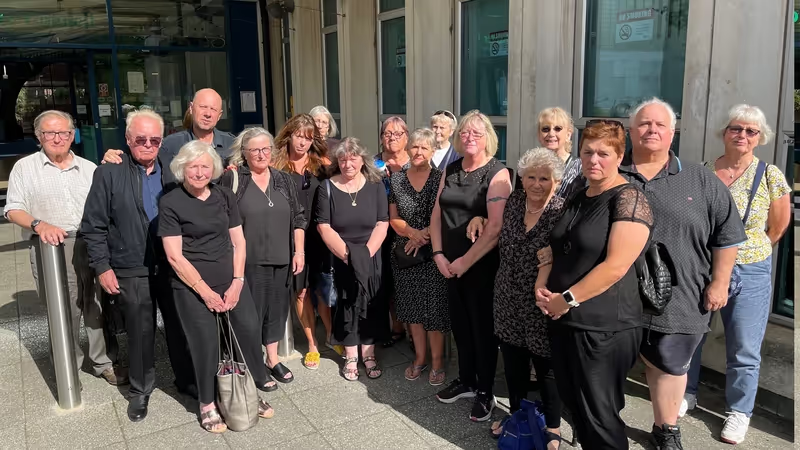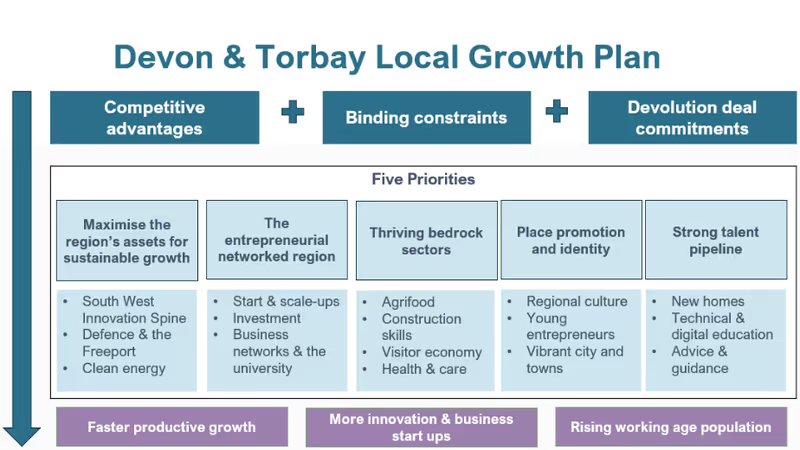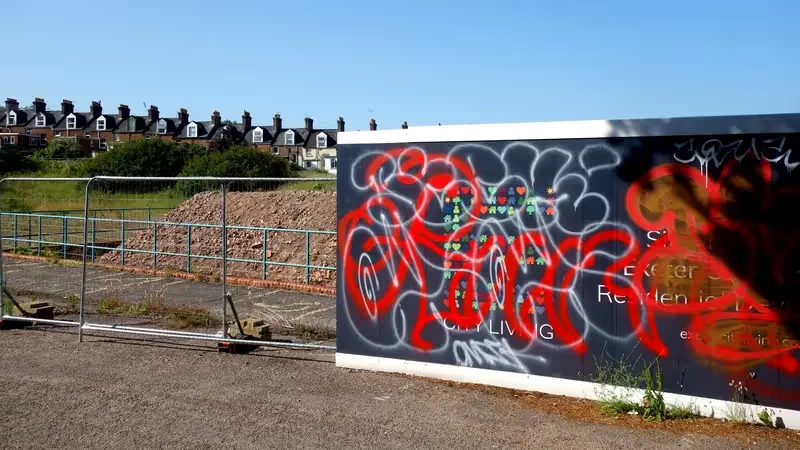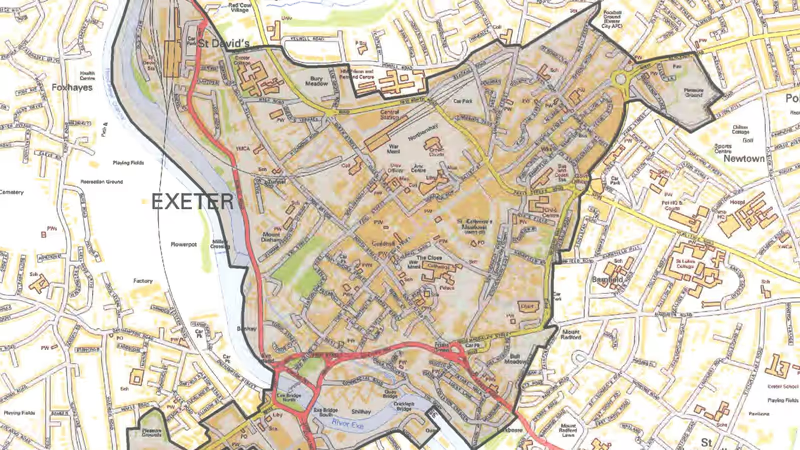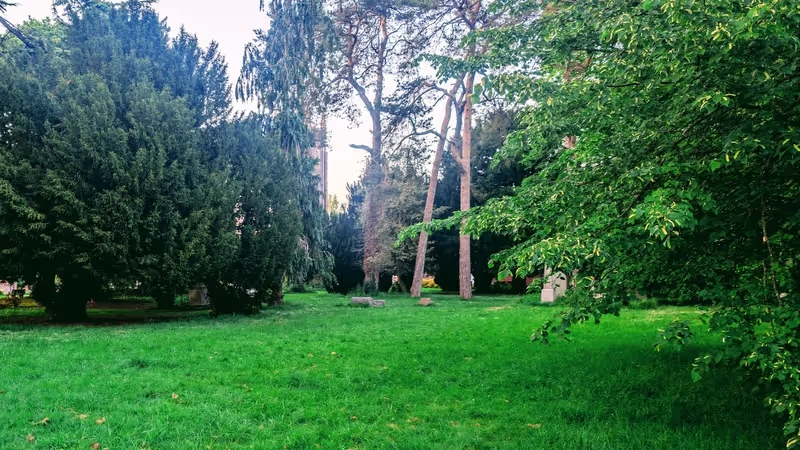Exeter’s youth eco-activist movement burst onto the city’s streets in February 2019 when a thousand children, students and young people gathered at County Hall.
We were inspired by sixteen-year-old Greta Thunberg’s protests, which began outside the Swedish parliament the previous summer and had already seen her berate the world’s political leaders for behaving like children at the United Nations climate conference in December.
We occupied a platform beside the council’s offices. Our spontaneous speeches flurried in the air. Council workers flocked at their windows, probably wondering what force had suddenly reclaimed (I’d like to say rewilded) County Hall’s grounds.
We were met by the bizarre spectacle of Devon County Council leader John Hart explaining to the assembled crowd that without oil there can be no water.
In response, the crowd became fluent. We flooded the air not with the fossilized language of business as usual but with the crystal clarity of truth.
Underneath the fervent chanting lay something darker: children as young as five voicing fears of wildlife loss, weather storms and air that is impossible to breathe.
We’re no longer letting such fears daunt or silence us. We’re using them for collective fuel, co-ordinating together behind a set of four clear demands.
 Photo: Martin Redfern
Photo: Martin Redfern
Demand 1: The government declares a climate emergency and implements a Green New Deal
A climate emergency has now been declared, but back in February it was our simplest call. It echoed through the streets, linking us all beyond the invisible boundaries of friendship groups, united by the need for urgent action.
The hum of change rang everywhere. Girls carried heavy speakers; boys expressed their fears in speech and song. Stereotypes ebbed away and all the usual ways of defining people dissolved.
Together we swept onto Exeter’s high street, surging down it like a great wave, the most fluid disruption I’ve ever seen.
As we took over the tarmac, people stood and stared. Some put down their coffee cups and left cafes to clap. I remember a bus driver leaning out of the window to join us in a chant.
Chain store facades crumbled as we broke the advertisers’ spell and shop window mannequins cheered us along our way. For a long, liberating moment the call for climate justice captured the mood of the high street.
Sometimes it’s not frustration and anger that lies at the fringes of our disruption. Sometimes we seem to expose everyone’s yearning for something to change.
Now, four months on, things no longer seem so simple. It was easy for the councils to say they recognised the emergency. We thought that would mean they would do something about it.
But Devon refused to commit to a 2030 zero carbon deadline and Exeter removed all five references to a climate emergency in the watered-down motion they passed.
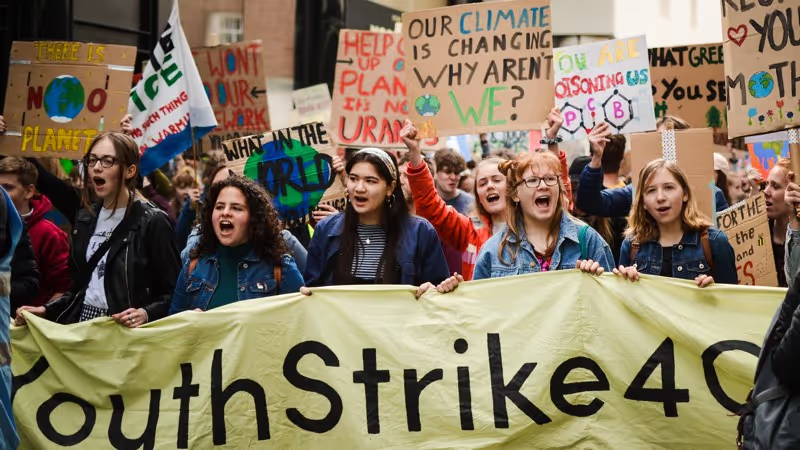 Photo: Tom Kingsnorth
Photo: Tom Kingsnorth
Demand 2: The government communicates the severity of the ecological crisis and the necessity to act now to the general public
When, in March, we arrived at Exeter City Council’s door, it seemed no-one inside would meet us at its threshold. The tidal wave of the crowd had reached the flood barrier of local government.
Shouting drowned out Rachel Sutton, the council’s deputy leader, as she emerged to tell us that the council had installed solar panels, not on every home in the city, but on its own offices.
There’s no doubt her intentions were good, but we don’t have time for surface fixes. We need our government, local and national, and that means all our MPs, to take action which addresses the climate crisis at its core.
Outside the civic centre one school striker, Natasha Pavey, read an open letter we’d written to those in authority:
“The scale of this transition is huge, but so is our ability to change. We have seen rapid transitions before - in the second world war the entire economy was focused on fighting the threat of the day.
“If the threat is great the response must be proportionate. We need change now!”
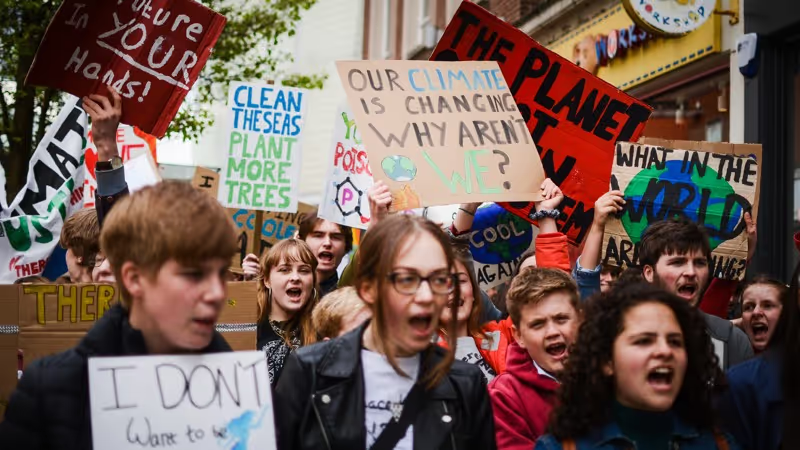 Photo: Tom Kingsnorth
Photo: Tom Kingsnorth
Demand 3: The Government recognises that young people have the biggest stake in our future by lowering the voting age to 16
Natasha then read out our demands, making clear that we were serious, had specific aims and were setting the agenda for change.
Sometimes we must make people in power feel uncomfortable. At others we must become that power: the ceaseless cry of a future which cannot remain a void in which the waste of the present is dumped.
Taking part in the youth strikes has changed the way we see the future. People who will inhabit the planet thirty years from now must be heard in the decisions that are made today.
We need the vote at sixteen to embed our voices in law. We speak for both present and future: decisions that include us will never be submerged by short-term economic interests but will instead rise to the responsibilities required by the climate crisis.
But both city and county council prefer to tell us what they’ve already done: the fantastic achievements of the past. Our campaign is called Fridays For Future for a reason.
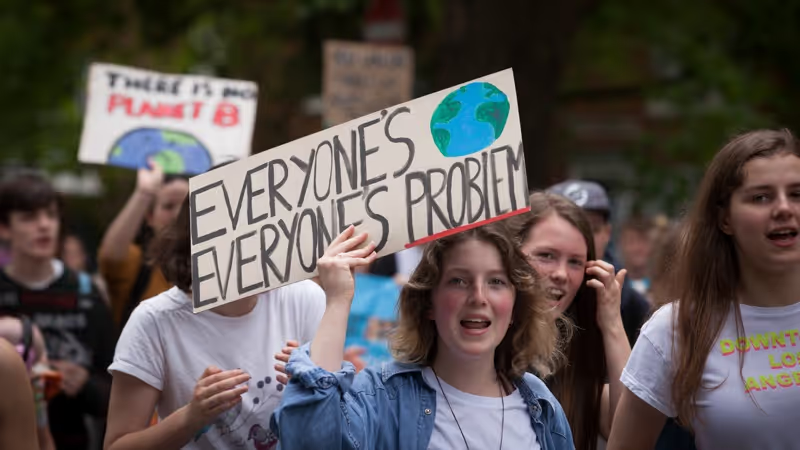 Photo © Vanessa Miles
Photo © Vanessa Miles
Demand 4: The national curriculum is reformed to address the ecological crisis as an educational priority
The school curriculum seems designed without active citizenship in mind, piling tests on students so it becomes impossible to swim against the current of continuous examination.
Besides airbrushing over the real, raw human effects of the climate crisis - the upheaval of coastal towns, intense migration, the potential for famine - schools do little to encourage us to act, less still to act collectively.
This month Isca Academy tried to prevent pupils from leaving the school by barricading the doors with chairs. One escapee told the crowd at the strike that they “pressed the exit button and ran for it”.
There is no space for activism within our schools, no space to display a sense of citizenship that goes beyond the bake sale.
At our strikes in April and May we did the opposite, reclaiming Bedford Square and forming a natural stage by sitting down to listen to speeches. Chalk was shared amongst the crowd, kids covered the ground with their messages.
We filled the centre of the high street with a chalk crime scene outlining the corpses of the first human victims of climate breakdown: kids.
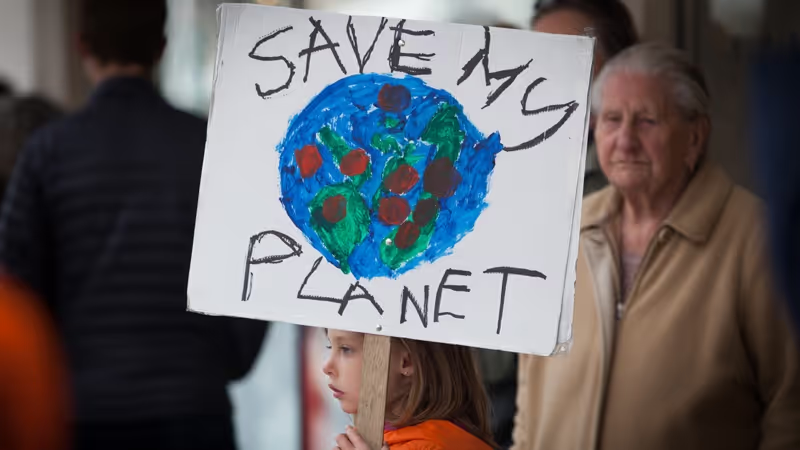 Photo © Vanessa Miles
Photo © Vanessa Miles
The hopes and dreams of young people are being battered as the stories we were read as children collide with the reality beyond our windows.
We ache and yearn not just for a future free of geopolitical scares and rising seas, but for one which is wild and free and alive.
Rather than trying to pour oil on troubled waters, we must treat the climate crisis like the crisis it is.
The fifth Exeter Youth Strike 4 Climate will take place on Friday 21 June.
More information: Fridays for Future Exeter, Youth Strike 4 Climate and UK Student Climate Network.
